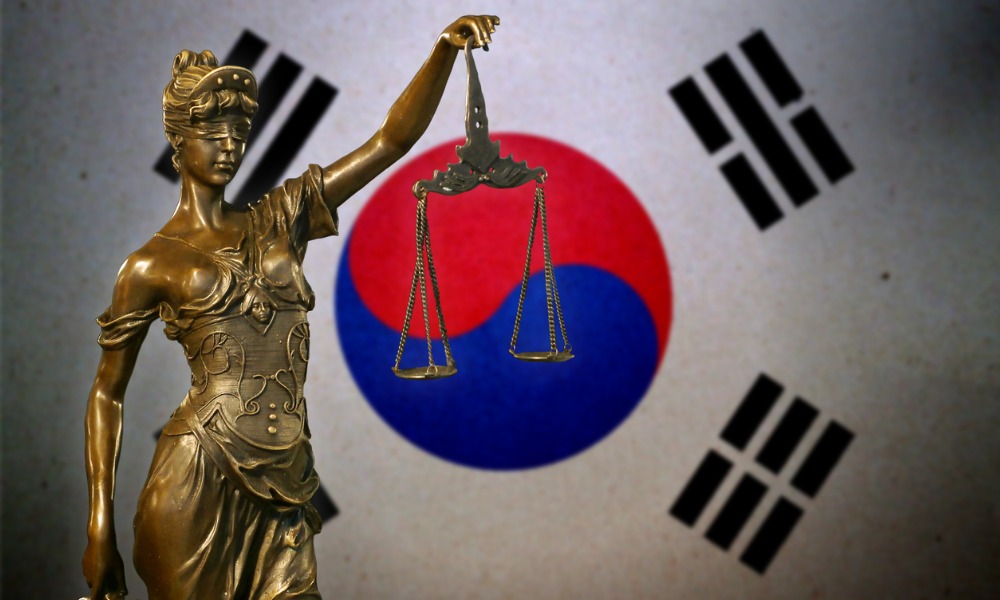Ontario’s Information and Privacy Commissioner says she has “serious concerns” about proposed federal “lawful access” legislation that would expand police surveillance powers and increase access to private information.
 In a public symposium held at Toronto’s MaRS Discovery District auditorium today, Ann Cavoukian repeated her concerns that lawful access legislation in its current form would raise “serious privacy implications” if not amended before its possible re-introduction to Parliament in the next month.
In a public symposium held at Toronto’s MaRS Discovery District auditorium today, Ann Cavoukian repeated her concerns that lawful access legislation in its current form would raise “serious privacy implications” if not amended before its possible re-introduction to Parliament in the next month.
Previous lawful access bills were introduced during Parliament’s last session but died when the election was called, creating a “looming system” of underlying surveillance that should “concern us all,” Cavoukian warned during the symposium.
“We’re only seeing the tip of the iceberg with what’s to come,” said Cavoukian. “The goal is to prevent the harm before it actually happens and show that, in my opinion, you can have both privacy and connectivity.”
To do that, Cavoukian adds, current lawful access legislation must be amended to ensure police accountability is maintained when accessing private information for investigative purposes.
“The greatest threat to privacy is coming from within, from our federal government,” said Cavoukian. “What concerns me most is the data linkages that are created. Most people don’t realize those numbers, that data, is connected to people, they aren’t just ones and zeros, they connect to people with a keystroke, and it paints a very detailed picture about that individual, more than most understand.”
In addition to expanding police surveillance powers to allow access to private information without a warrant, the previous lawful access bills, if they were passed, would allow law enforcement agencies to obtain warrants to track the locations of individuals and their transactions, compel other parties to preserve electronic evidence, and require internet providers and other makers of technology to provide “back doors” to police seeking communication information; points that bother Cavoukian.
“My specific objection to the legislation is the lack of court authorization for access to private information,” she added. “The warrant is a critical and integral part of the process. It ensures accountability and oversight that is so critical to our democracy and freedom as a society.”
Since discussions of lawful access legislation began more than a decade ago, several privacy and consumer advocates, opposition politicians, and Canada’s privacy commissioner have spoken out against the legislative proposals, a significant point in future considerations for the legislation’s possible re-introduction in the upcoming month, Cavoukian added.
“Remember privacy is not only an individual right,” she said. “It’s a societal right. It’s absolutely integral to our rights, to our society, and to our democracy. I really want to shout from the rooftops about it. Data linkages create such a detailed picture of an individual and I would encourage everyone to stand up and fight to protect our rights and our privacy.”
Cavoukian said while she doesn’t expect lawful access legislation to be thrown out entirely in the future, she does hope amendments will be made to ensure court oversight and privacy is fully maintained.
“We have to work together to ensure our democratic freedoms are preserved, and when lawful access legislation is re-introduced, likely in February; I hope the legislation will be amended to ensure warrants are added,” said Cavoukian. “It may be a long shot, but it’s so important, and I hope more people tackle this issue head on.”







